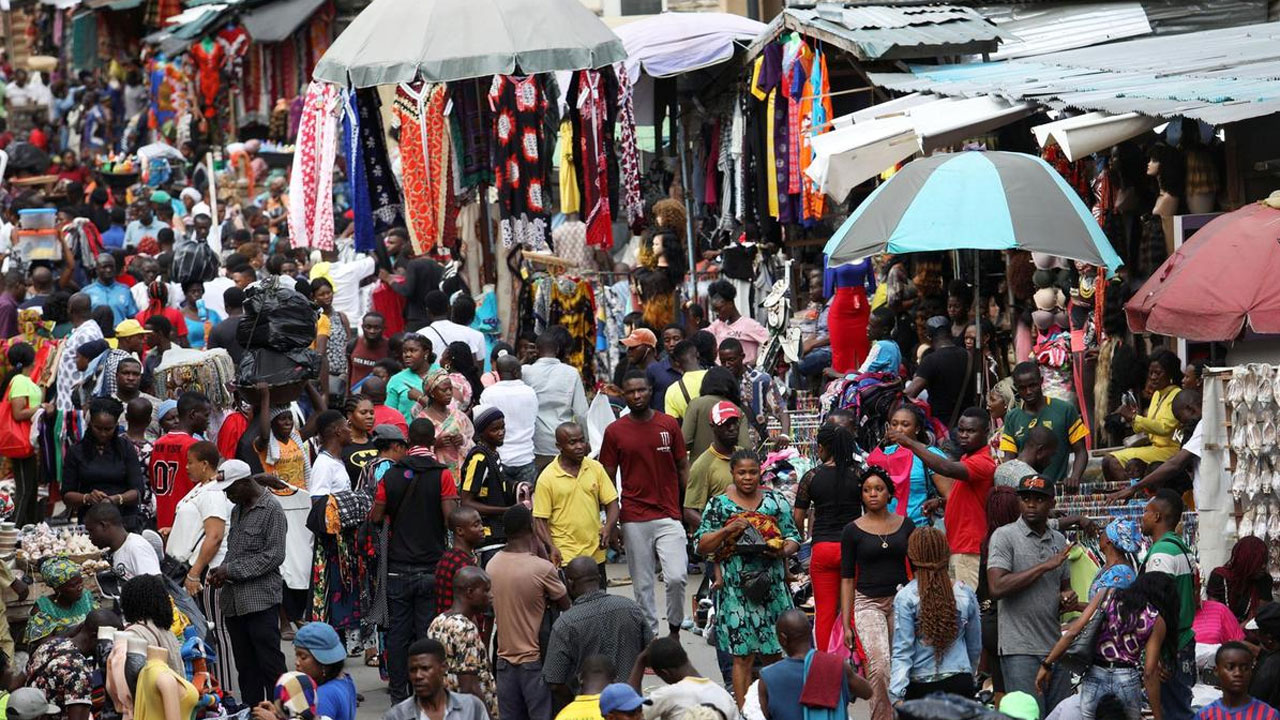Financial experts have argued that the monetary policy tightening of the Central Bank of Nigeria (CBN) alone will not address the rising inflation trend in the country.
Nigeria’s inflation rate continues its uptrend despite multiple interest rate hikes by the Central Bank of Nigeria (CBN), rising to 22.22 per cent in April, a 0.18 per cent point higher than the 22.04 per cent recorded in March.
Recall that the CBN has increased the Monetary Policy Rate (MPR) from 11.5 per cent to 18 per cent between May last year and March 2023.
Inflation has jumped by 652 basis points between February 2022 to date, moving in tandem with interest rates.
Between May 2022 and March 2023, interest rates have been increased by 650 basis points to 18 per cent from 11.5 per cent.
A Professor of Finance and Capital market at Nasarawa State University, Uche Uwaleke, said that the continuous rate hikes embarked upon by the apex bank since May 2022 have not kept the inflation rate under check.
Uwaleke said the continuous rate hike by the CBN had not yielded the desired results because of the domestic structural factors in the country.
READ ALSO: CBN sanctions Access Bank for breaching forex, BVN directives
“It’s worth mentioning that the NBS, in its April Consumer Price Index report, provided a clue as to the major items driving the inflationary pressure in Nigeria to include food, electricity, housing, and transport.
“In light of this revelation, what becomes clear is that the monetary policy tightening stance of the CBN alone may not address the challenge,” he said.
Uwaleke urged the government to implement complementary fiscal measures aimed at boosting the food supply as well as reducing the cost of production occasioned by the high cost of energy and transport.
He noted that inflationary pressure had continued to be driven by the food index at over 24 per cent, reflecting legacy factors such as transport challenges.
This, he said, partly explained why food inflation was reportedly highest in Kogi at over 29 per cent and lowest in Sokoto at about 19 per cent, a difference of about 10 per cent.
Uwaleke also stressed the need for the government to tackle the intractable security challenge facing the country and invest more in mechanized agriculture to increase food output and bring down food inflation.
READ ALSO: Cryptocurrency trading: CBN hammer falls on Union Bank
Prof. Ndubisi Nwokoma, Director, Centre for Economic Policy Analysis and Research (CEPAR), University of Lagos, also spoke in the same vein.
“Inflation figures going up despite the efforts of the CBN is indicative of the fact that Nigeria’s inflation is currently driven by cost-push factors primarily. The monetary causative factors may not be that significant.
“There have been supply chain disruptions with the cost of goods rising with some expectations of more increases in the near future, particularly with the dire fiscal sustainability challenges of the government.
“One other cost-push factor is the high exchange rate which spirals the increase in prices.
“The other is the lingering effect of the naira redesign and cash withdrawal limit policies of CBN which exacerbated the increase in prices, particularly for food items,” Nwokoma said.
He, however, expressed optimism that prices would moderate to some extent in the coming months with cash availability.

 Health6 days ago
Health6 days ago
 Entertainment1 week ago
Entertainment1 week ago
 Crime6 days ago
Crime6 days ago
 Education1 week ago
Education1 week ago
 Health1 week ago
Health1 week ago
 Comments and Issues7 days ago
Comments and Issues7 days ago
 Football7 days ago
Football7 days ago
 Latest6 days ago
Latest6 days ago

